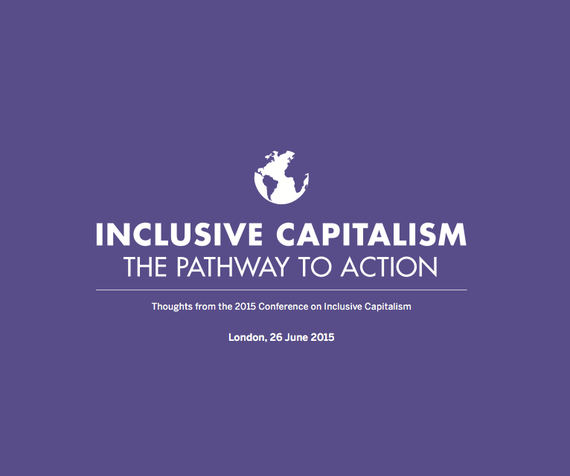Pascal Blanqué
Chief Investment Officer, Amundi
Amundi strives to be a world-class asset manager by putting its expertise at the service of long-term performance for its clients. We are convinced that value can be added to our investment process by the integration of extra financial analysis and we systematically integrate environment, social and governance criteria into our active strategies. To this end, our team of extra financial analysts is actively involved in market workgroups and ESG ratings are circulated in real time to all our management teams.
The long-term investor, with a mandate to deliver returns over the coming decades, should by nature be an inclusive investor. We are convinced that there is value in engaging companies: long-term performance can be improved by helping companies set a course for long-term success in a resource-constrained world.
In addition, we have been an active proponent of socially responsible investments which we implement through a best-in-class approach combined with the exclusion of most controversial issuers. Socially responsible investments now represent more than €70bn of our assets under management.
A responsible investor cares not only about value generation but also about the impact of their investments. To be an inclusive investor in a free-market capitalist economy means not only taking into account financial performance, but also being aware of externalities and the overall impact on society of one's portfolio. We need to pay attention to factors that could hinder growth, financial returns and the welfare of our fiduciaries over the long term. Many of these derive from government and market failures. Climate change and increasing income inequality are two such factors.
At the end of May, policymakers, financial players and economic agents gathered in Paris, a few months ahead of the international climate conference, COP21. A consensus is emerging: climate change, the greatest challenge for humanity of the 21st Century humanity, cannot be overcome by national governments alone.
Governments, local political leaders, civil society and business leaders must work together to build a new model of sustainable, low carbon, more inclusive, growth. Nobody will be immune from the consequences of climate change, there is therefore no room for passive observers: it is the duty of each and everyone, investors included, to take into account climate externalities.
Moreover, I am convinced that financial markets largely underestimate the materiality of carbon risk. It is not just a moral duty but also, therefore, an investor's fiduciary duty to analyze and reduce exposure to carbon risk.
To this end, Amundi has recently launched three LowCarbon Funds. I hope that this will be one of many possible positive steps forward that we, the investment community, take in the months and years to come.

